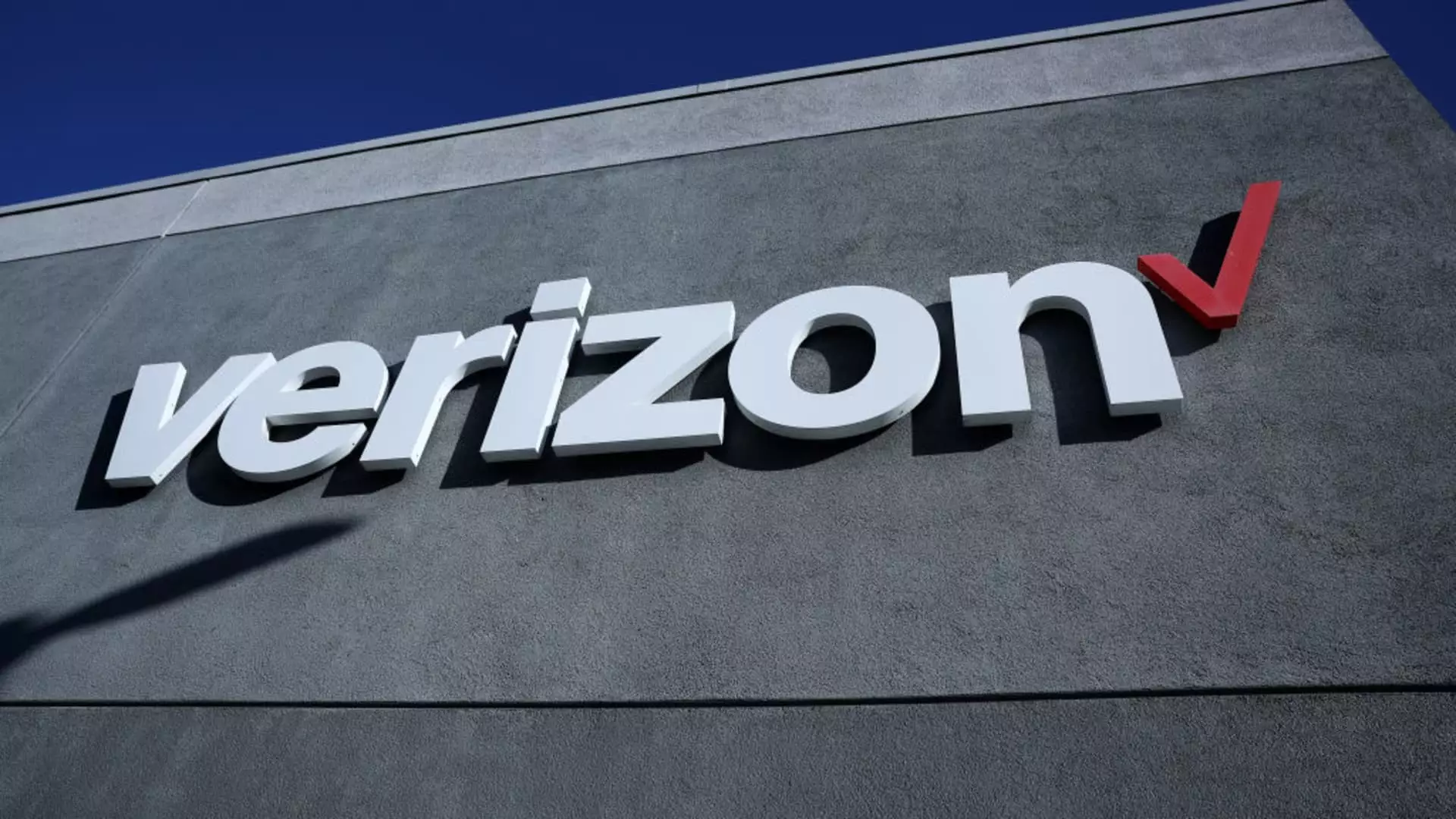In an era characterized by intense market volatility and unpredictable geopolitical tensions, many investors cling to dividends as their last refuge of stability. Yet, beneath this seemingly secure facade lies a complex landscape where not all dividend payers are created equal. The allure of consistent income might blind investors to the underlying vulnerabilities of seemingly robust companies. As a center-left liberal who advocates for informed, responsible investing, I contend that the true value of dividend stocks extends beyond shiny payout yields. Our focus should shift from superficial yield figures to the strength of business models, financial health, and the broader societal implications of corporate practices.
The prevailing narratives often portray high dividend yields as indicators of safety, but this oversimplification ignores the nuanced risks lurking within. Companies like oil and gas giants, while historically reliable in paying dividends, face existential threats from environmental policies and shifting energy consumption trends. Conversely, certain infrastructure and telecom stocks, like Williams Companies or Verizon, demonstrate resilience because of essential service provision and long-term growth prospects. Still, their performance is heavily contingent on macroeconomic stability and regulatory environments—factors that are far from guaranteed in uncertain times. Recognizing these layers of risk and considering how corporations balance shareholder returns with sustainability and ethical considerations should be central to any serious investment analysis.
Critically Analyzing the Leadership of Wall Street’s “Top Analysts” in Dividend Picks
One cannot ignore the heavy reliance on Wall Street analysts’ opinions when selecting dividend stocks. Platforms like TipRanks attempt to lend credibility by tracking analyst performance, but even these measures are flawed. Analyst ratings often reflect a combination of industry biases, access to information, and sometimes, strategic interests that are not aligned with the average investor. For example, the optimism around a stock like EOG Resources, buoyed by acquisitions and projected dividend increases, may overlook the sector’s vulnerability to regulatory shifts in fossil fuel dependency. The assumption that stock performance and dividend sustainability are inherently aligned is problematic; in reality, companies can increase dividends temporarily even as their long-term prospects diminish.
Moreover, the reliance on analyst forecasts—such as price targets of $138 versus $155—introduces an element of speculation that should be carefully scrutinized. Are these predictions rooted in fundamental analysis, or are they influenced by market sentiment and short-term trends? Investors should remember that behind every noble-sounding “buy” recommendation lies a nuanced set of assumptions. It’s essential to question whether these forecasts adequately incorporate environmental, social, and governance (ESG) risks, especially in energy and industrial sectors. The danger of blind faith in analyst ratings fosters a false sense of certainty, leading to overexposure in companies that may be vulnerable to structural shifts.
The Illusion of Security and the Need for Responsible Investing
While many investors see dividend-paying stocks as a safe harbor, this view can be dangerously naive. The history of dividend cuts, corporate scandals, and sector collapses demonstrates that yield alone is no safeguard. For instance, the perceived stability of telecom giants like Verizon might mask underlying issues—ranging from market saturation to competitive pressures—that threaten long-term payout continuity. The same applies to infrastructure plays that depend on regulatory approval and political stability.
I believe that embracing a liberal principle of responsible investing means scrutinizing what companies stand for and how they impact society. A corporation’s commitment to environmental sustainability, fair labor practices, and community engagement should influence investment decisions just as much as dividend yield and cash flow statements. Simply chasing high yields without evaluating these broader factors risks perpetuating social and ecological harm. The future belongs to firms that prioritize innovation, resilience, and ethical practices—characteristics that often translate into more sustainable dividends over time.
Investing with Awareness: Beyond Yield and Analyst Predictions
In the end, responsible investors should challenge the narrative that dividend stocks are inherently safer or more reliable than growth stocks. While steady income is appealing, it should not come at the expense of critical analysis and ethical considerations. The simplistic appeal of a 6.3% yield from Verizon or a 3.4% from EOG Resources can obscure fundamental vulnerabilities, making investors vulnerable to unforeseen shocks.
True resilience in a portfolio arises from diversification—both in sectors and in investment philosophies. It involves understanding the strategic footprint of each company, including its societal and environmental impact, and maintaining a skeptical perspective toward external forecasts. The reliance on Wall Street ratings and analyst optimism can be seductive, but it is ultimately superficial if not paired with core due diligence. Ultimately, the goal should be sustainable, shared prosperity—investments that create value not only for shareholders but also for society at large.
By adopting a critical stance toward conventional wisdom, responsible investors can navigate the tricky waters of dividend investing more effectively, ensuring their income streams are not just stable on paper but resilient in the face of a rapidly changing world.

